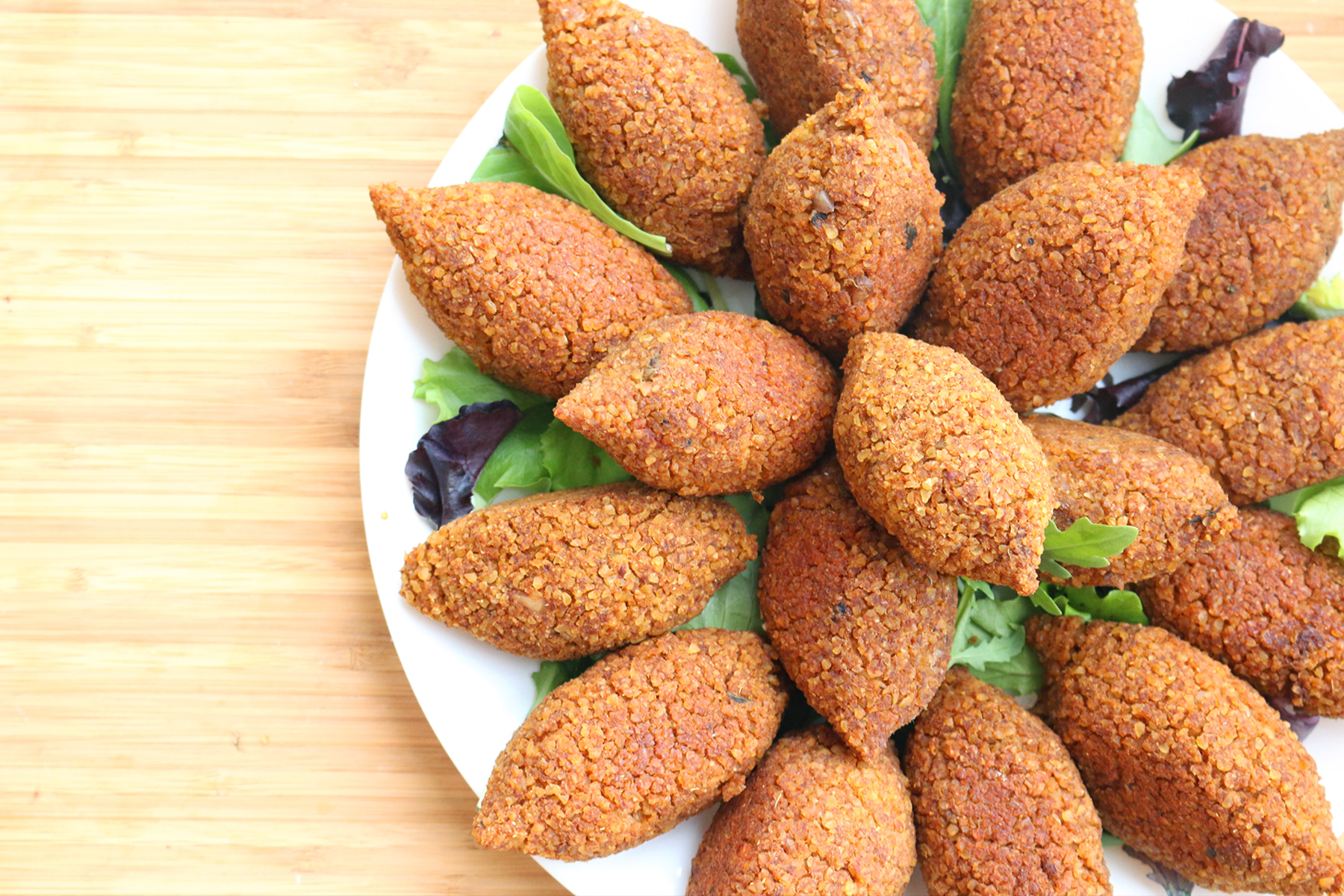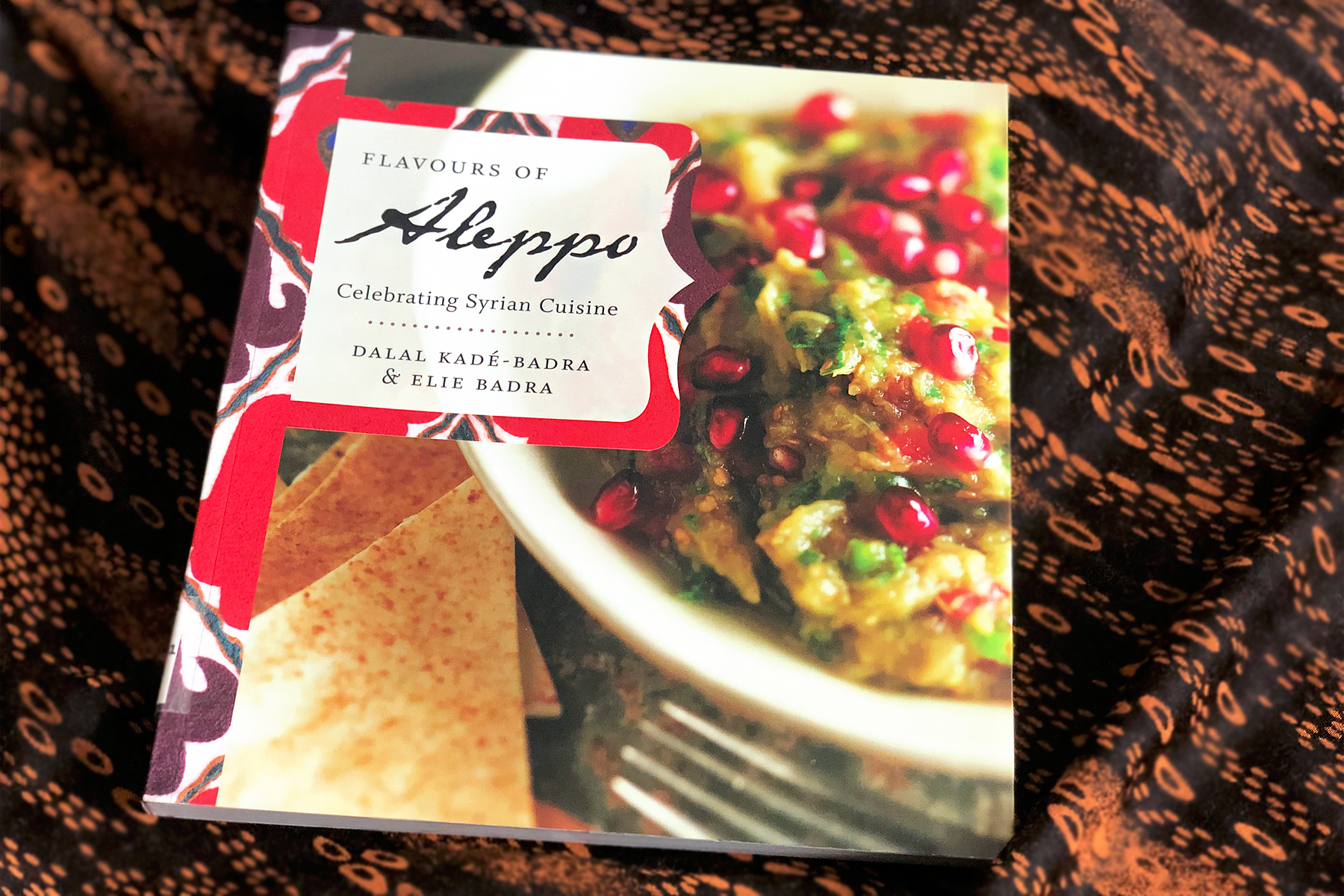
Foods of the Muslim World is a new series that highlights some of the common foods from around the Muslim World.
A mainstay of Middle Eastern holiday fare, especially from the Levantine region, kibbeh has a rich and varied history with many areas claiming its origin, especially Lebanon and Syria, although variations and traditions reach into Turkey and one tradition even has traveled to Colombia’s Caribbean coast.
Some of these variations include the raw kibbeh dish found in Lebanese festival foods, Palestine’s kibbeh roll, and the at least two dozen distinct varieties of kibbeh Syria can lay claim to. As a country located in a prime location along the Middle Eastern section of the Silk Road, Syria has long been an influx of different cultures and cuisines over thousands of years. As such, Syrians have become very proud of their culinary heritage and hold to it even as time and war seem to want to tear them apart.
This determination to hold true to their culinary traditions can be seen in the wide array of kibbeh that has developed over the hundreds of years. No one knows exactly how many variations are out there, however the Syrian city of Aleppo alone is host to seventeen types of kibbeh including one variation that I was surprised to learn holds a striking resemblance to what the Western world will recognize as the Scotch Egg, although by all accounts, this variation predated the Scotch Egg by at least 150 years, doesn’t contain pork (big surprise as it is from a predominantly Muslim country), and rather than the sweet and tangy mustard Scots and the British prefer, pomegranates and diced peppers are more popularly used as garnish. It really is quite amazing that two such geographically distant countries can have such similar dishes.
The recipe that I will share below is adapted from the book “Flavours of Aleppo: Celebrating Syrian Cuisine” by Dalal Kade-Badra & Elie Badra. I think you’ll find it a fairly healthy and very flavorful alternative to its deep-fried cousin.
Kibbeh bel Baid (Egg in Kibbeh)
Preparation: 60 min. Cooking: 20 min. Serves 10-12
Ingredients:
8 large eggs
1 small onion, grated
1 cup number 1 bulgur
1 tsp fine salt
¾ to 1 cup water
8 oz habra meat (meat with no fat)
pomegranate seeds, for garnish
Directions:
Put eggs in a large pot and cover with salted water. Bring to a boil and cook for 8-10 minutes or until they are just barely hardboiled. Rinse in cold water, dry and shell them then set aside.
In a large bowl, mix onion, bulgur and salt. Add water and mix. Gradually add the meat and keep mixing until the dough becomes easy to work with. Note: If you keep your hands wet with cold water, it will keep the dough from becoming too sticky to work with.
Divide dough evenly into 8 portions and shape into balls.
Place one ball in the palm of your hand and stick the index finger of your other hand into the ball to make a hole from one end to the other without piercing it. Create a well and press lightly. Pivot the kibbeh until it forms an eggcup shape. Put an egg in the cavity and close the opening.
Bring a large pot of salted water to a boil. Add the egg in kibbeh and cook on high heat for 10 minutes, until the meat is cooked. Remove the egg in kibbeh from the water, let it cool and refrigerate in an airtight container.
Cut each egg in kibbeh in 4 lengthwise. Arrange on a platter. Garnish with pomegranate seeds.














